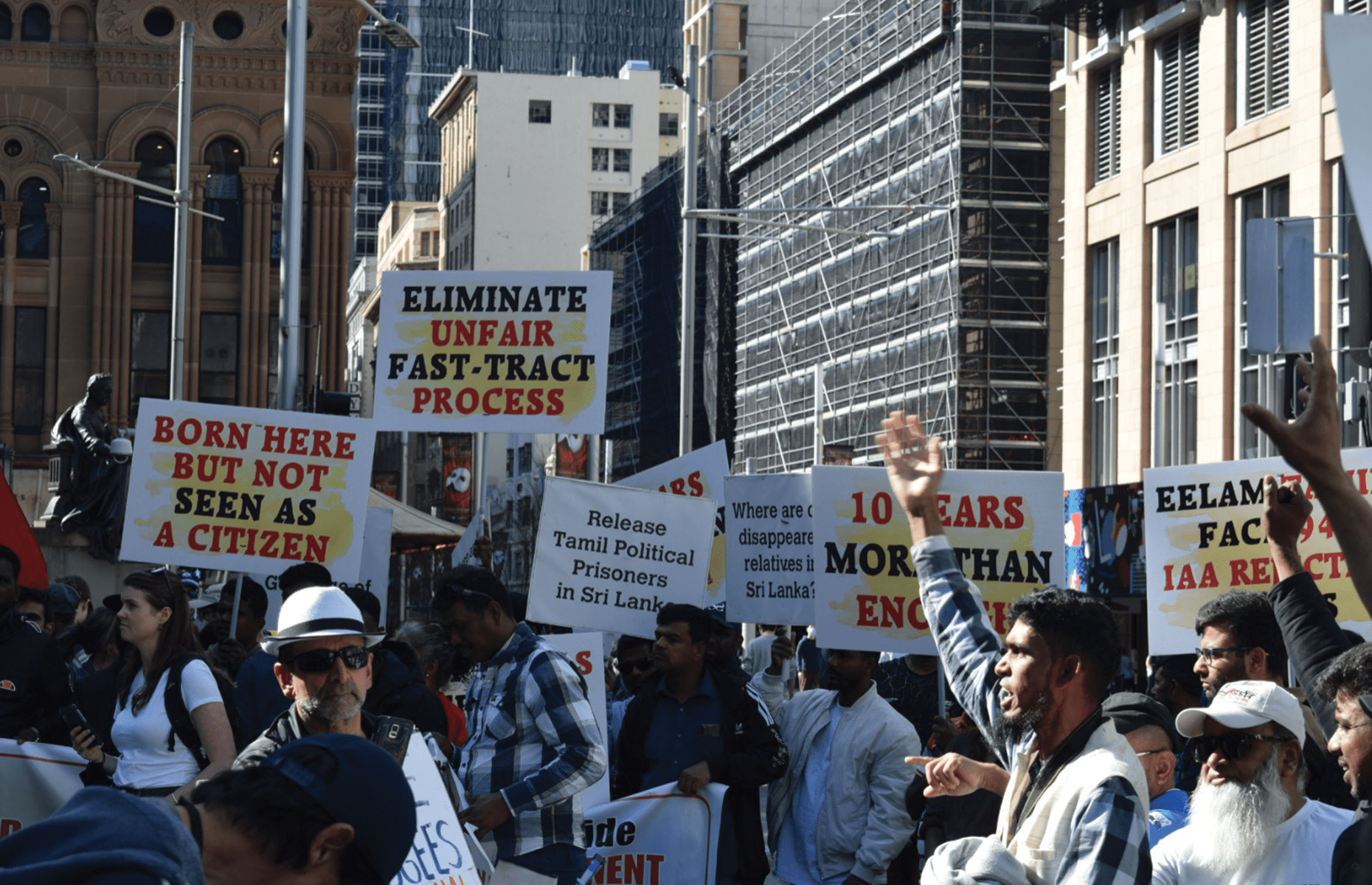The Refugee Action Coalition (RAC) held a rally last Sunday at Town Hall with over 100 attendees advocating for permanent visas and justice for all refugees.
The Australian Labor Party promised in their 2021 national platform to “abolish Temporary Protection Visas and Safe Haven Enterprise Visas and transition eligible refugees onto permanent visa arrangements,” yet no progress has been made towards this promise so far.
Joining RAC were contingents from the Arakan Rohingya Development Association (ARDA), Australian Rohingya Women’s Development Organisation (ARWDO), Australian Refugees in Limbo, Bangladeshi Refugees of Australia Inc., International Federation of Iranian Refugees Sydney (IFIR), Socialist Alternative Sydney, Tamil Refugee Council (TRC), and Teachers for Refugees NSW.
Multicultural officer for NSW Young Greens, Alex Phoon, was the first speaker for the rally. He deplored the policies of the coalition and Labor party that continue to prioritise their donors over refugee welfare, resulting in “blood on the hands of John Howard, Kevin Rudd and Tony Abbott.” Phoon criticised the government’s hypocrisy for the speed at which they had implemented a public holiday mourning the queen’s death in contrast with delayed policy change to provide permanent arrangements to all.
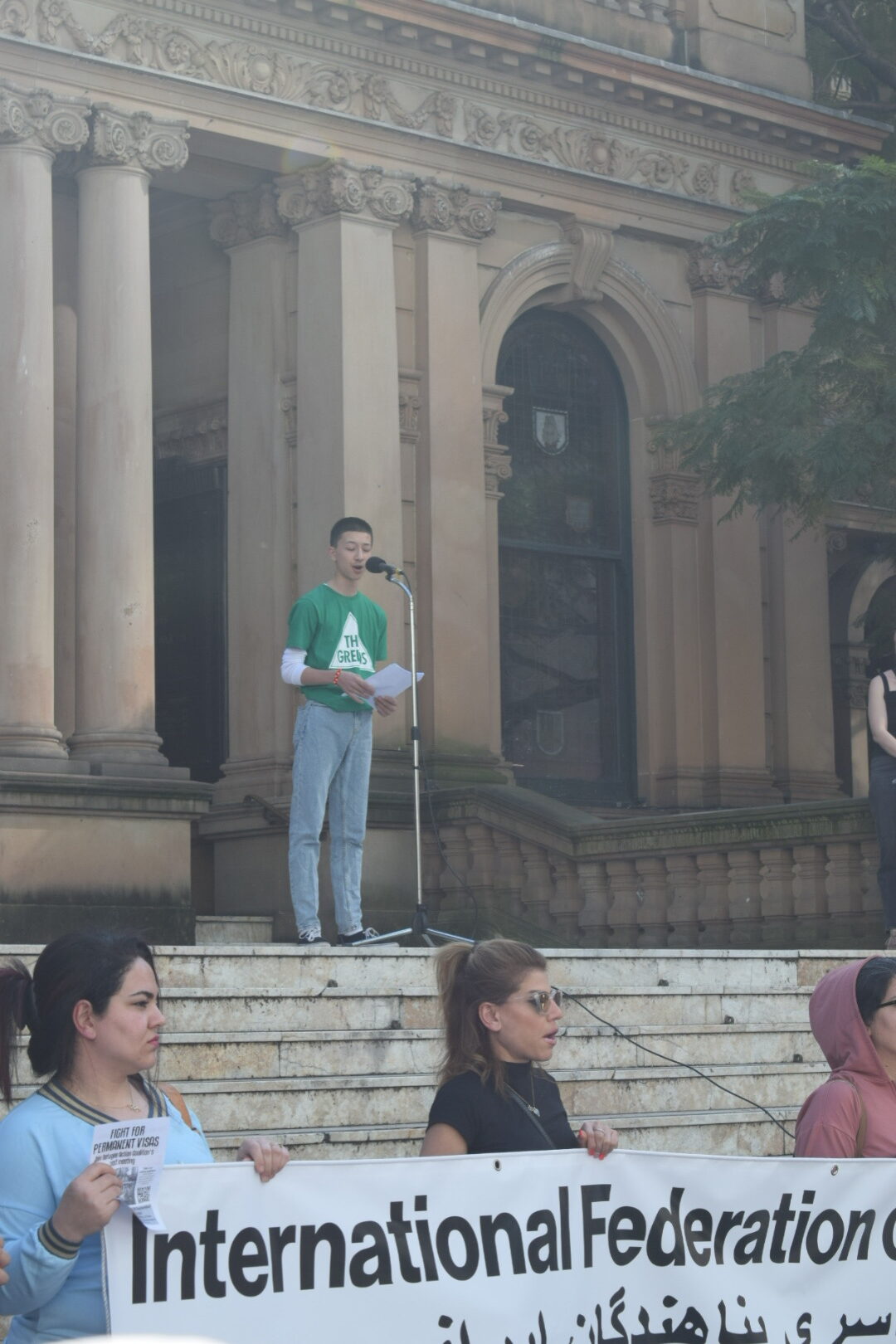
Mohammed Joy, one of the nine refugees released from Park Hotel in Melbourne in March 2022, described his treatment in these detention centres as one of a “prisoner” who had “committed no crime”. Joy arrived in Australia in August 2013 from Bangladesh, spending 10 months on Christmas Island before being relocated to Nauru. Here he spent six years living in a tent with 48 other individuals, lacking medical attention or proper ventilation.
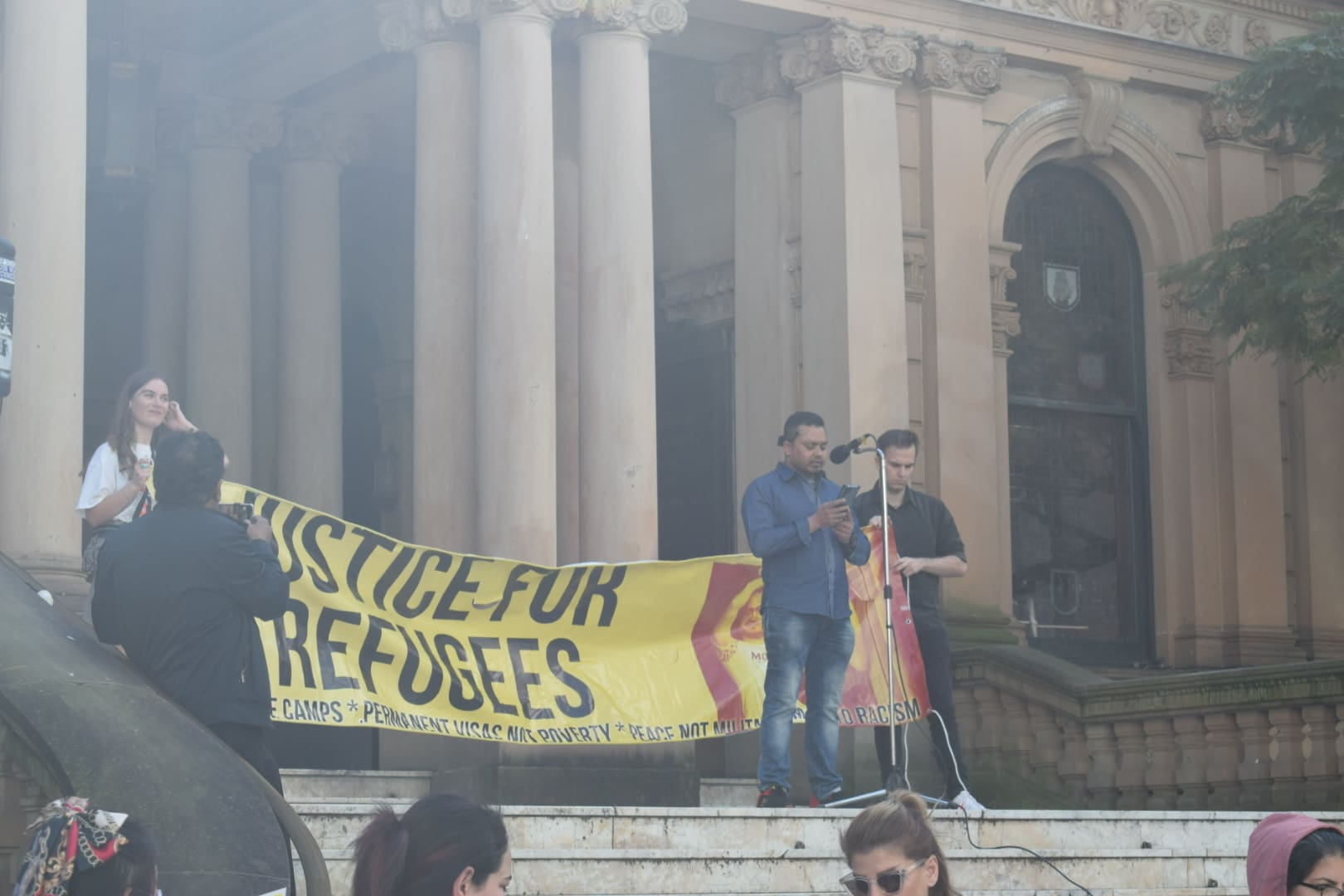
Vice President of NSW Young Labor and President of Labor Left NSW, Lachlan Good, acknowledged the inadequacy of the Labor Party in fulfilling its refugee policies. These include ending temporary protection visas that 19,000 currently live on, ending safe haven enterprise visas, reestablishing the 90 day limit on visa determination, abolishing existing unfair fast track process, speeding up asylum seeker determination for the current 2700 refugees, and establishing a refugee review tribunal. Good also advocated for more revolutionary change beyond the proposed reforms, stating “it is our solemn responsibility to provide this additional scrutiny.”
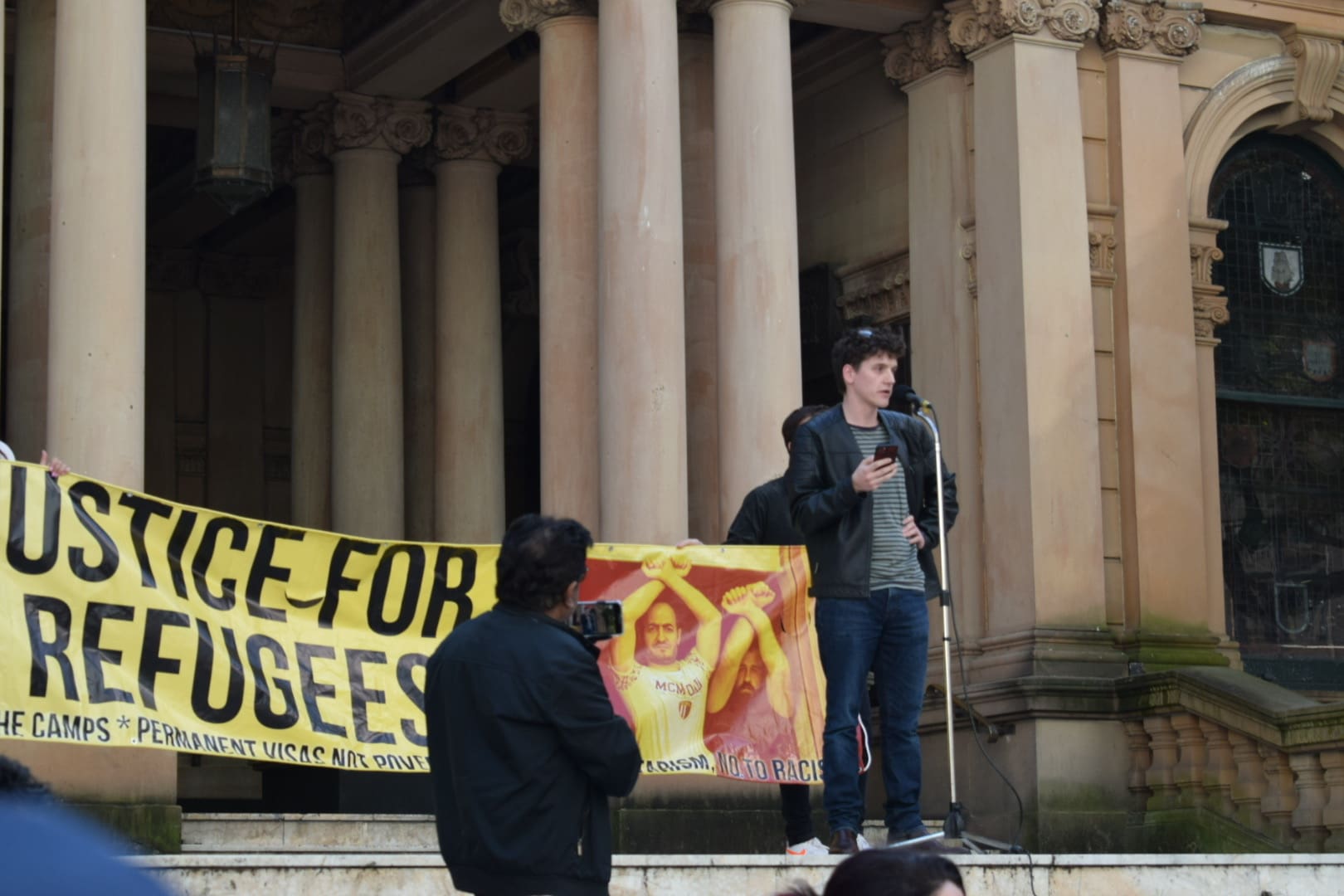
The Refugee Council of Australia reports that over 4000 asylum seekers have been sent to Nauru or Papua New Guinea since the beginning of offshore processing in late 2012. Almost half of these people were transferred to Australia by January 2021, and a quarter relocated to other countries. Resettlement in Australia has been insecure and unreliable due to the constant need for visa reapplication every 6 months to 3 years.
Bangladeshi Refugees of Australia Inc.’s Chief Advisor Abdullah Yousuf highlighted the plight that refugees undergo in order to make it to Sydney; from the lack of legislative protection, they continue to suffer “every second, every minute, every day, every week, every month,” following arrival.
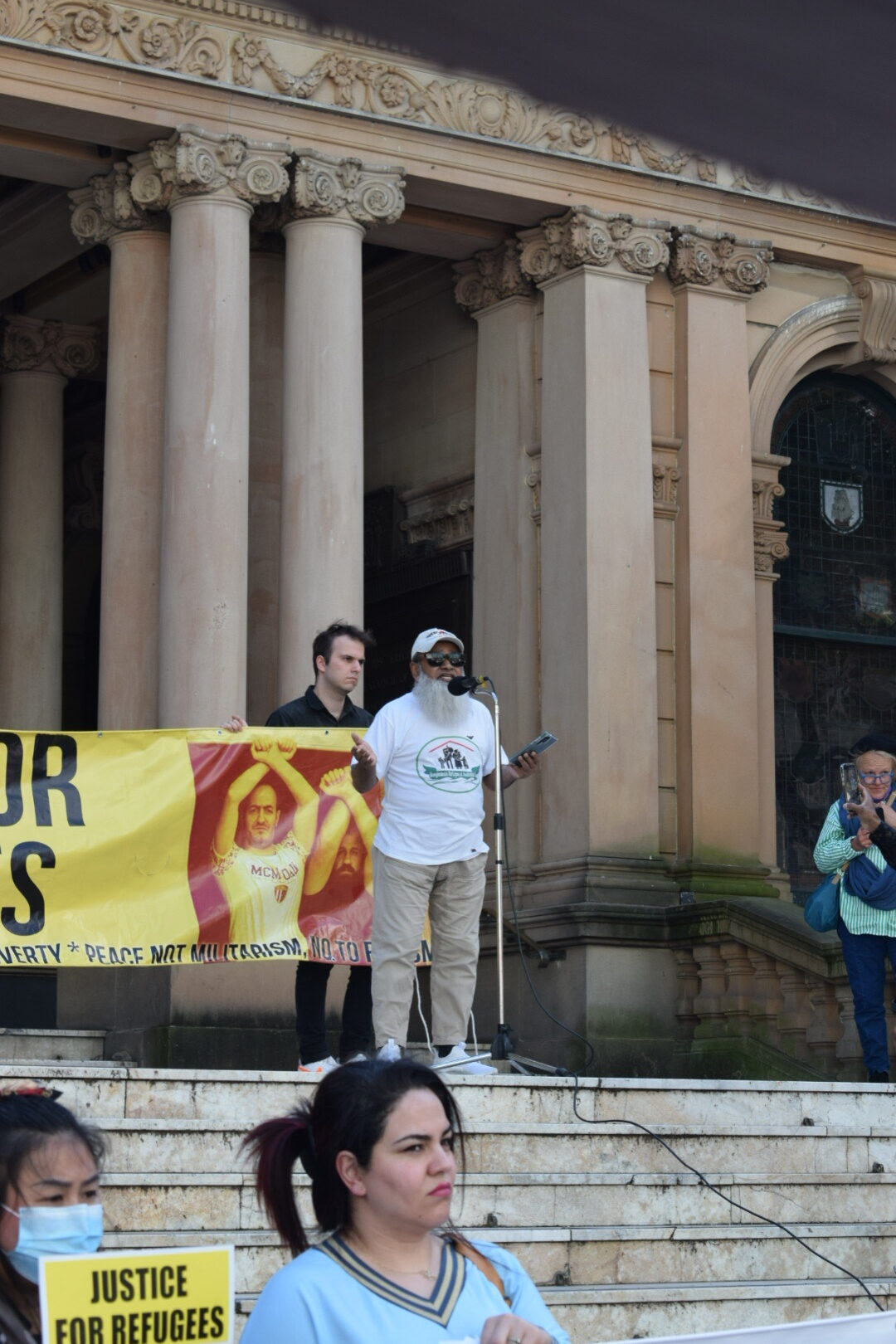
Vino Selvarasa, a Tamil Sri Lankan refugee and organiser with the Tamil Refugee Council, shared the plight of living with the unpredictability of a TPV. She criticised the Immigrational Assessment Authority’s report, stating that “Tamil Eelam refugees face a 94% refusal of being accepted to stay permanently in Australia”.
Describing “high walls and the white wires,” she reiterated the socio-economic barriers that her family faces everyday, such as being denied school results, health resources, and safety in Australian society.
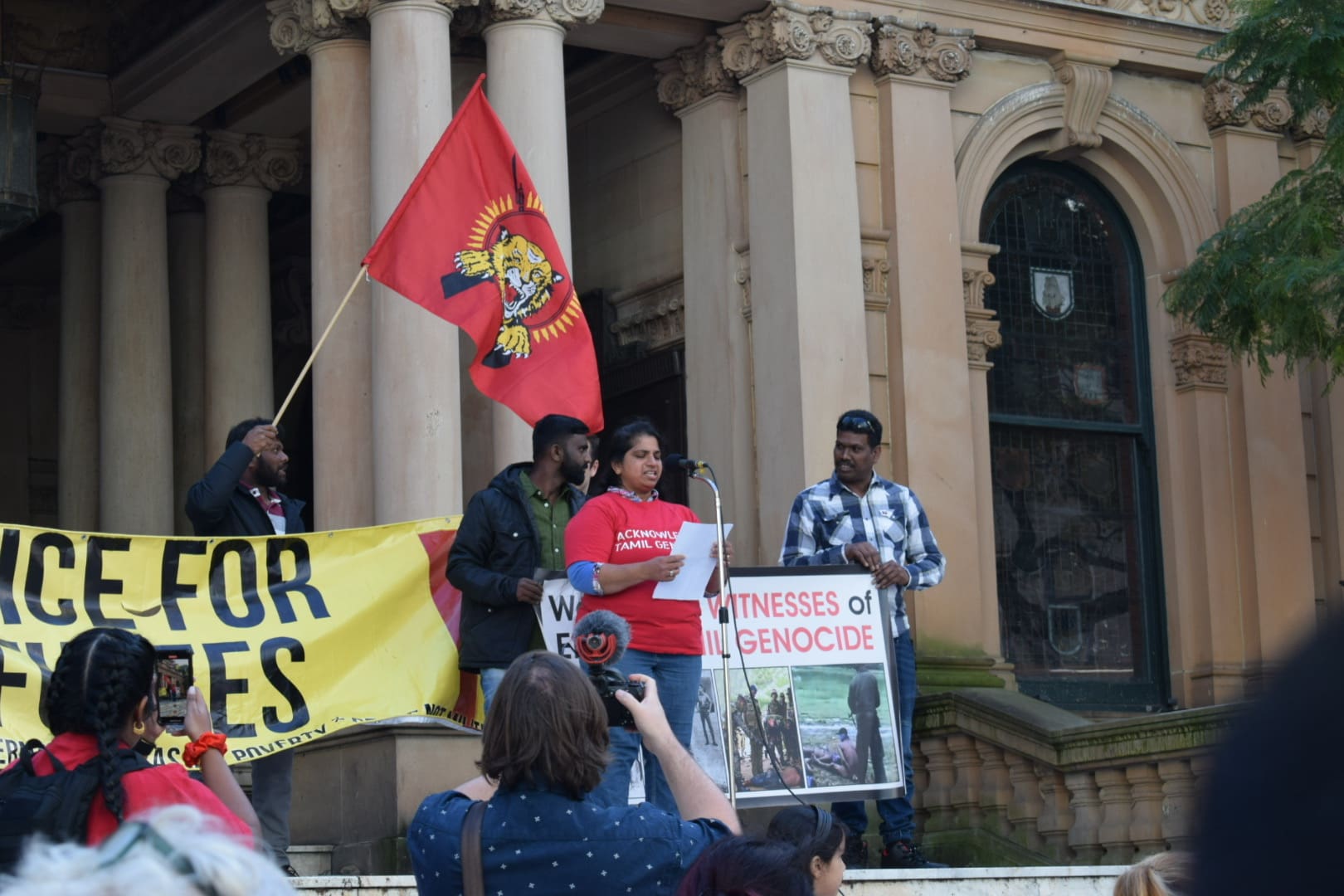
On behalf of Australian Refugees in Limbo, Ali Mutar, an Iraqi refugee, criticised the Morrison government’s negligence and involvement in funding war resulting in further damage for those seeking refuge. Mutar underscored the lack of mobility and rights that current visas provide, leaving those like him obstructed from buying a house or acquiring a loan. Mutar underlined his need to be reunited with his family: “Labor or liberal, I don’t care about the names, I need to see my son.”

Sajeda Bahadurmia from ARWDO then outlined the perseverance of refugee children, including their ability to excel despite uncertain living conditions. Bahadurmia echoed the message of collective power in making meaningful change.
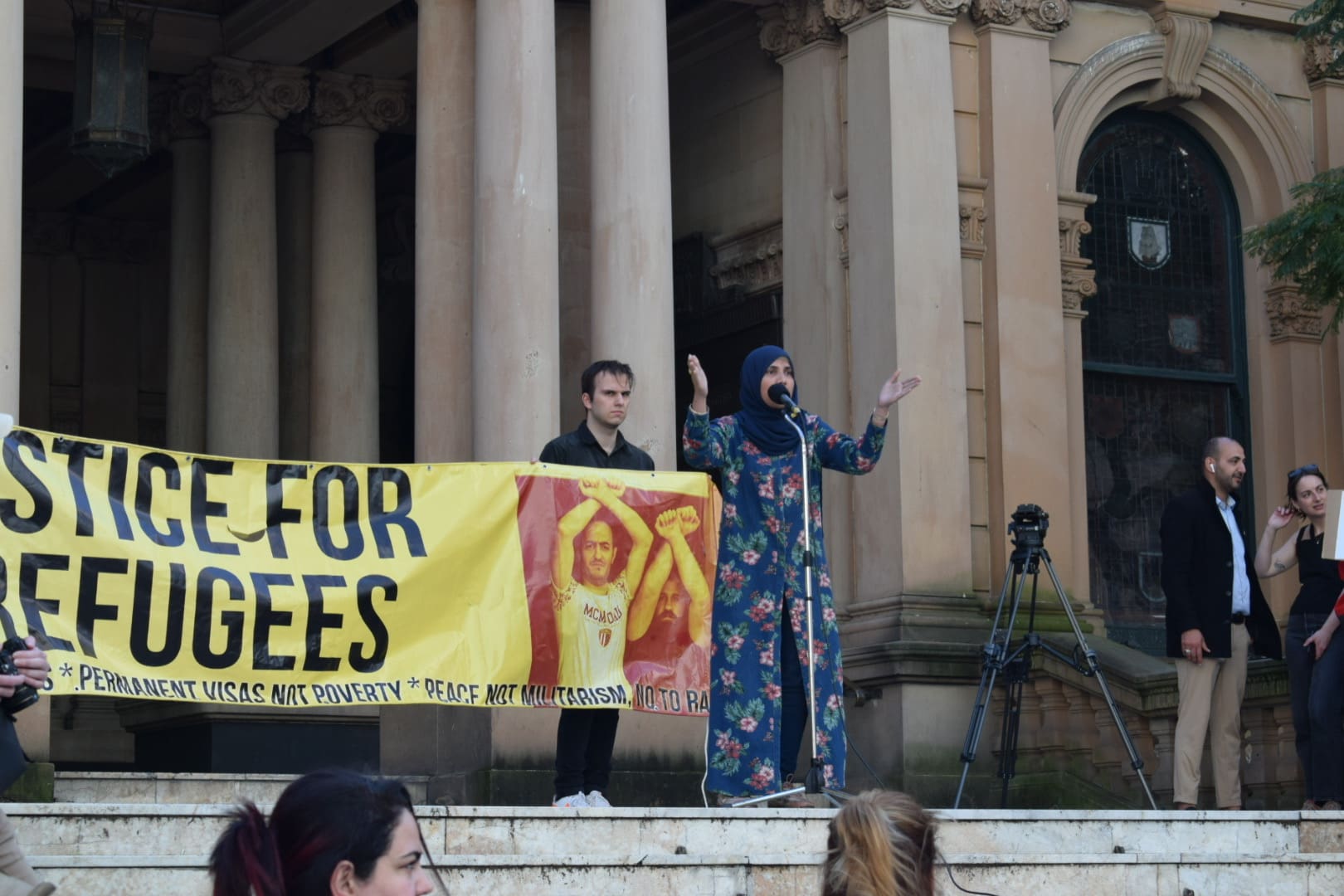
Ian Rintoul from RAC was the final speaker before the crowd marched to Elizabeth Street and back. Rintoul applauded the recent successful turnout of over 1200 at Parliament house in Canberra on 6 September to protest for permanent visas. He continued by criticising the current Labor government’s inaction, which has resulted in refugees being sent back to their countries, where many fear persecution, highlighting that “change is not going to come through parliament, it’s going to come now by just how loud our voices are”.
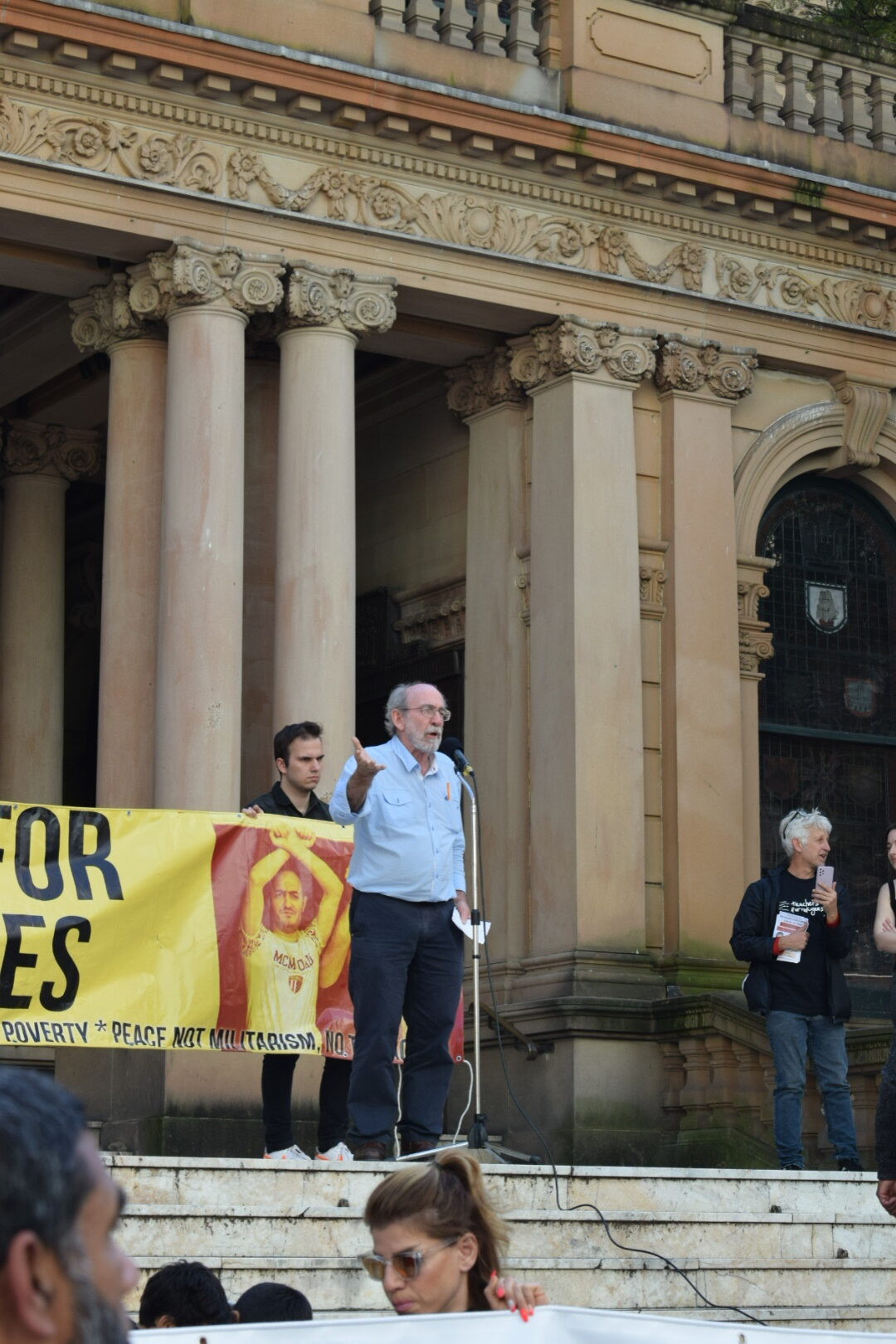
Arezou Narimani, an Iranian asylum seeker part of IFIR Sydney, was the concluding speaker for the day. Narimani condemned the Iranian government’s mistreatment and brutal policing of women, urging for change now as “today is late, tomorrow is too late”.
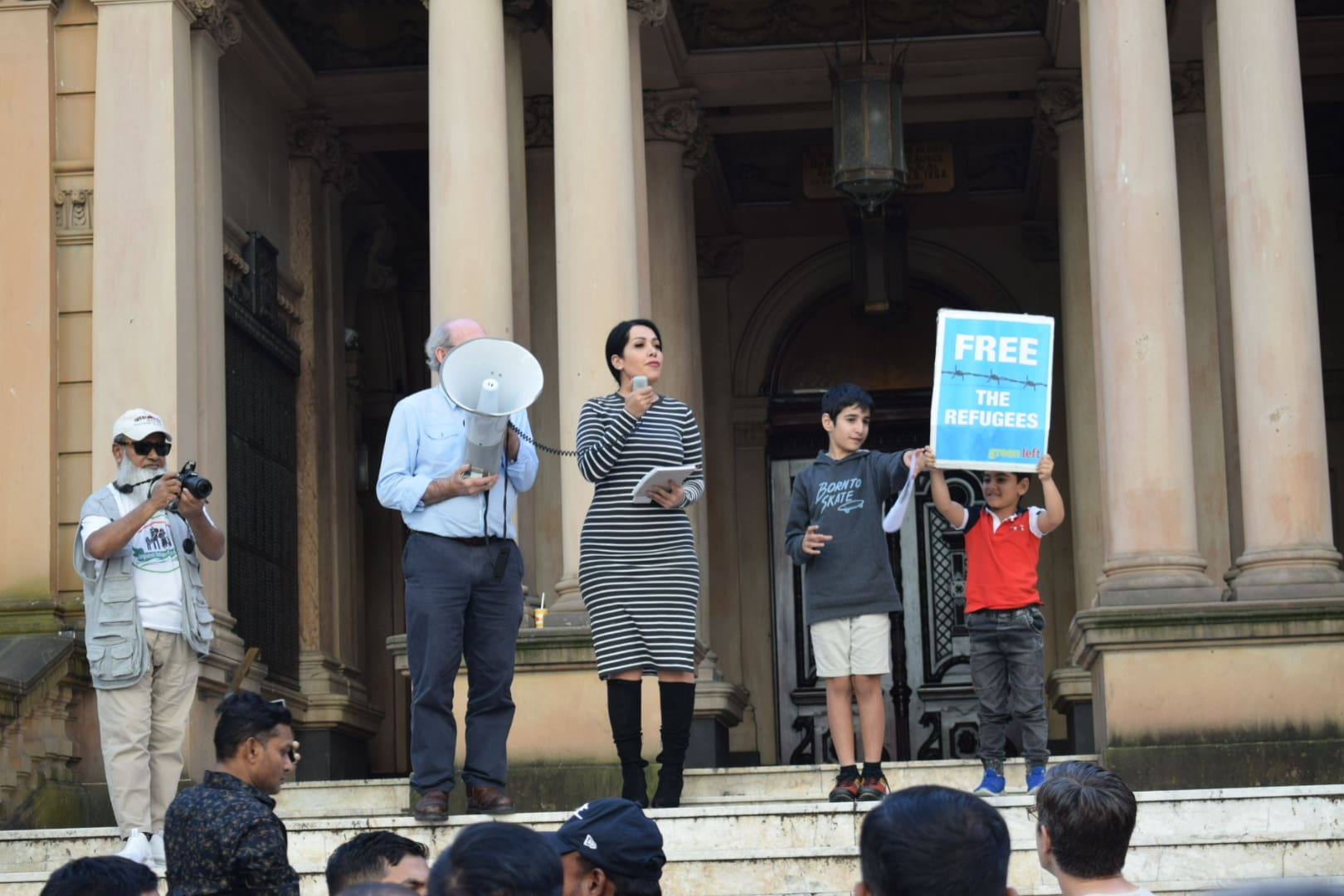
As the crowd dispersed, Nasir Ahmed, President of Bangladeshi Refugees of Australia, gathered the remaining Bangladeshi protesters and imparted information regarding support and help, reminding members that the fight is worthwhile.
“সময় লাগবে কিন্তু হবে”
It will take time, but it will happen.




